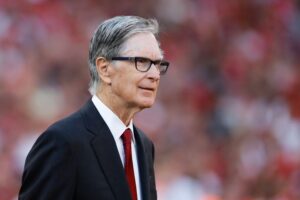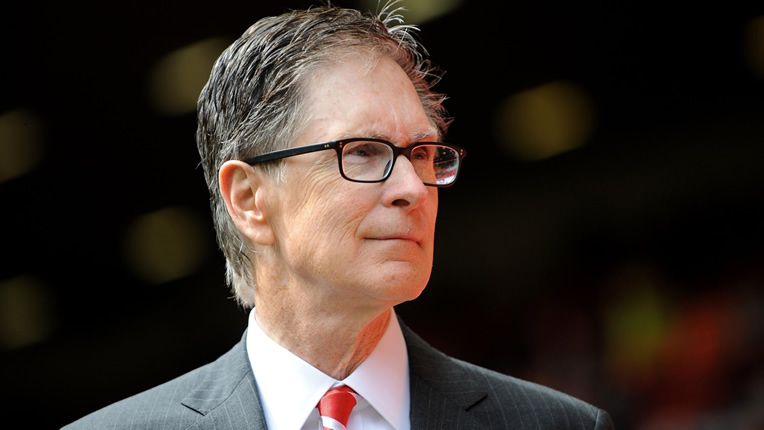Despite the fact that talks with Bordeaux have faltered, Liverpool owner FSG is pushing towards a multi-club strategy. This is why the US group is so interested in such a pathway.
Last week, FSG and Bordeaux’s board revealed that talks about the US group taking over and adding the French soccer club to its portfolio had broken down.
However, FSG is still considering a move to a multi-club format. The Liverpool owner wants to follow a recent trend in the sport by owning a second team. Red Bull, City Football Group, and a few more have many teams that are all owned by the same parent corporation.
But why is FSG so eager on getting involved? Liverpool’s owner has reinstated Michael Edwards as CEO of football, and his duty, together with Julian Ward’s, will be to discover and then implement viable choices.
“The benefits are brand synergy and alignment — what you can learn from other clubs in the network, as well as opportunities for player development and talent identification,” football financial specialist Dr Dan Plumley tells Liverpool.com on behalf of Instant Casinos.
“It’s about resource sharing, cost savings, and brand composition — for both FSG and Liverpool. It is very evident that Liverpool is still the flagship — and Liverpool FC’s brand is one that many clubs would want.

“There are many great aspects to what this could look like. There has been much speculation about multi-club ownership, but it appears to be the current norm. It is a long-term trend, and if done correctly — as FSG is attempting to do with multi-club ownership across many sports — it becomes a very appealing prospect. If executed well, it has the potential to be very beneficial to Liverpool and the other clubs in the network.”
When Edwards returned to work for FSG, the former Liverpool sporting director said why he believed multi-club ownership was the way forward. The Liverpool owners do not want to fall behind or lose out on a possible edge that their rivals could use.
“For FSG, it is a big brand proposition,” Plumley explains. “We know they have a track record, and they value financially sustainable clubs with a long-term return on investment.” The ownership of these fantastic football clubs and other athletic properties helps to strengthen FSG’s brand.
“For Liverpool, it can be financially beneficial to tie in some sponsorship and commercial arrangements that have leverage across the business, whether that is within the football network or into some of the other networks that FSG owns. You can also look for cost savings by dispersing individuals over the network, which will boost your efficiency.
“Especially in the commercial and sponsorship world, we know that clubs want to grow and expand it because matchday revenue has a fixed capacity and clubs have no direct control over the broadcast arrangement. The commercial and sponsorship revenue streams become increasingly essential, and this is one way for brands to capitalize on them.
“Some of that is intangible and difficult to put a number on but if you look at the amount of fans that Liverpool have around the world, you can see why FSG are using Liverpool as the flagship but driving growth elsewhere too.”
In terms of a potential location, as the proposed Bordeaux agreement demonstrated, there is a clear place to start. “European football is still the dominant region,” Plumley claims.
“It houses some of the world’s largest clubs, so you’re always looking to establish yourself in that network. Aside from that, we’ve seen FSG and others do this; they’ll look in Asia, America, South America, and India.
“There are many areas to focus on, and if you want to see what a successful multi-club model will look like in the future, with the City Football Group serving as a model, you want your network to be global. It will be primarily about area and geographic reach, but the subcontext will also be about finding the ideal club for that market.
“There is always the possibility that ownership groups will not be popular with fan groups and other organizations, but this can be mitigated by the owners understanding what the supporters want. Communication is vital.
“I get the impression that the FSG one will be extremely different from Chelsea and others, not only because of how FSG positions themselves in football, but also in other sports. It’s easy to look at multi-club models and conclude that if everyone is doing it, they’re all working for the same goals. But they’re not. There are other variations, and the FSG one can be classified as very strategic and clear in its direction of travel.
“If everyone is aligned with the same goals, you eliminate some of the risks of selecting the wrong team or something going wrong. Nothing is ever risk-free, but having that framework from the top down is the ultimate method to reduce risk to the greatest extent feasible.”
